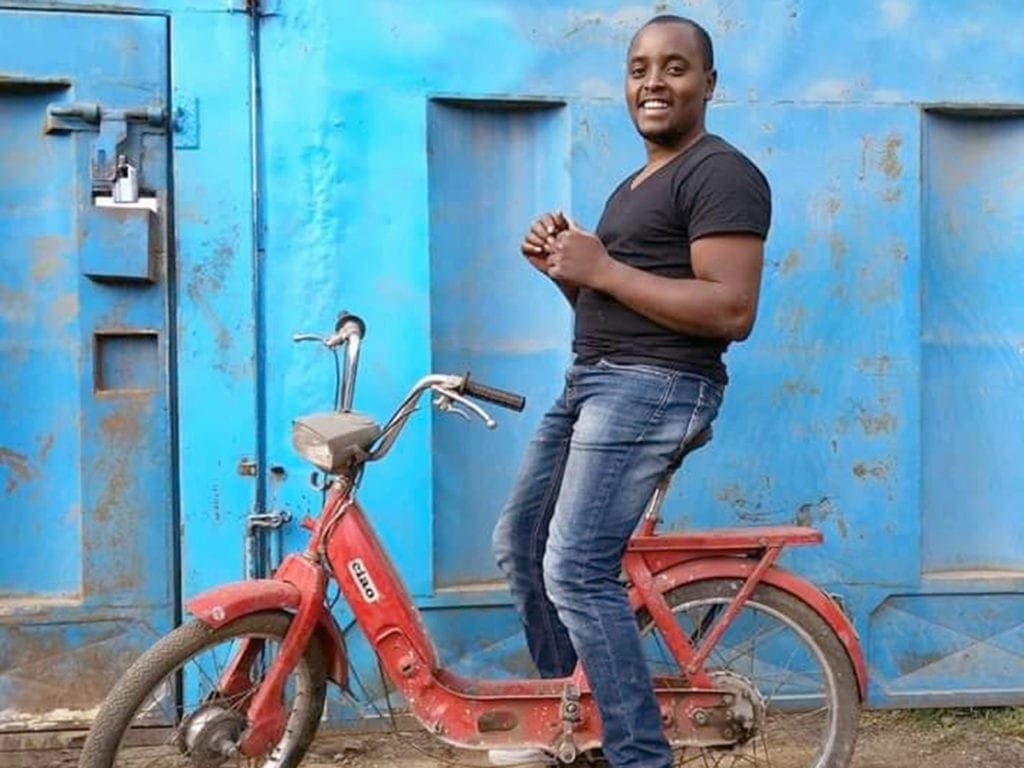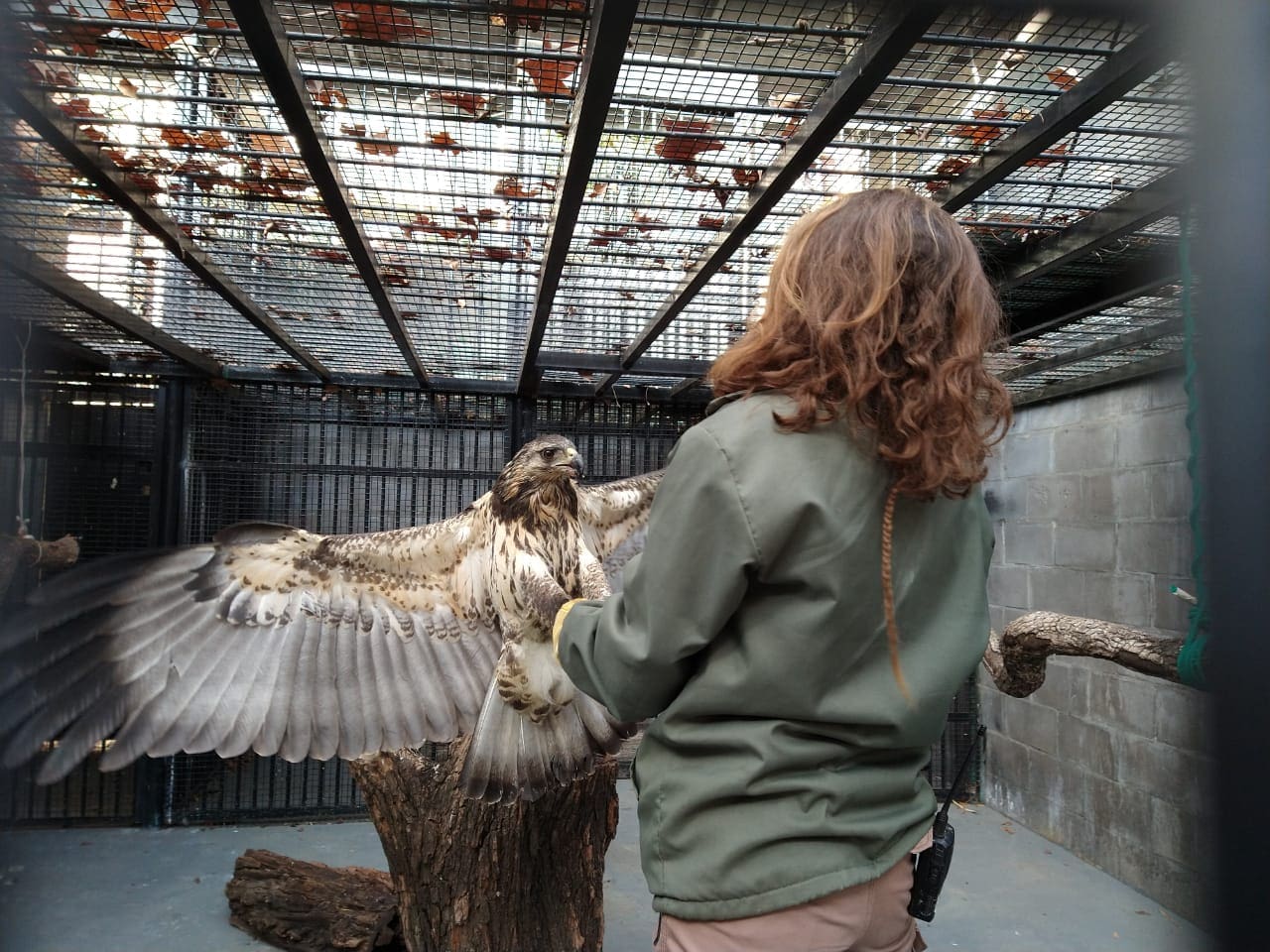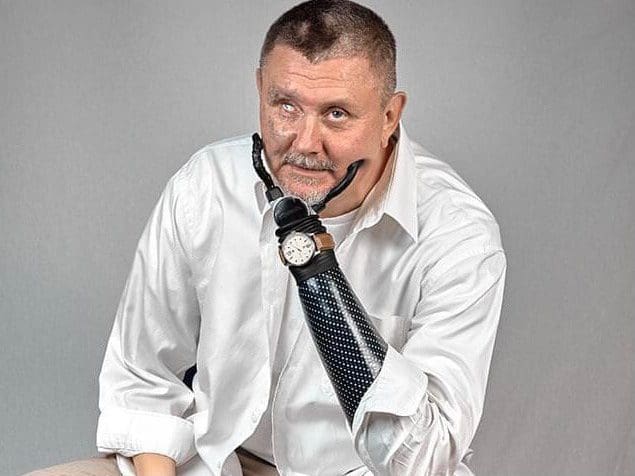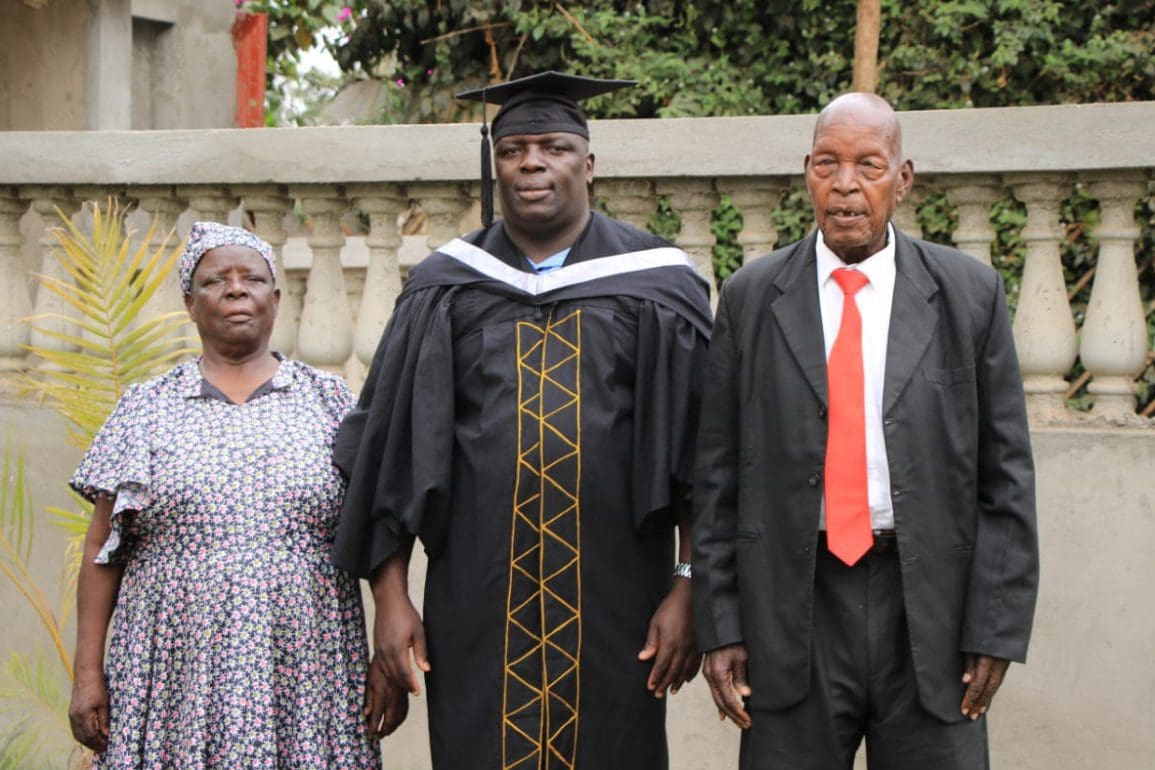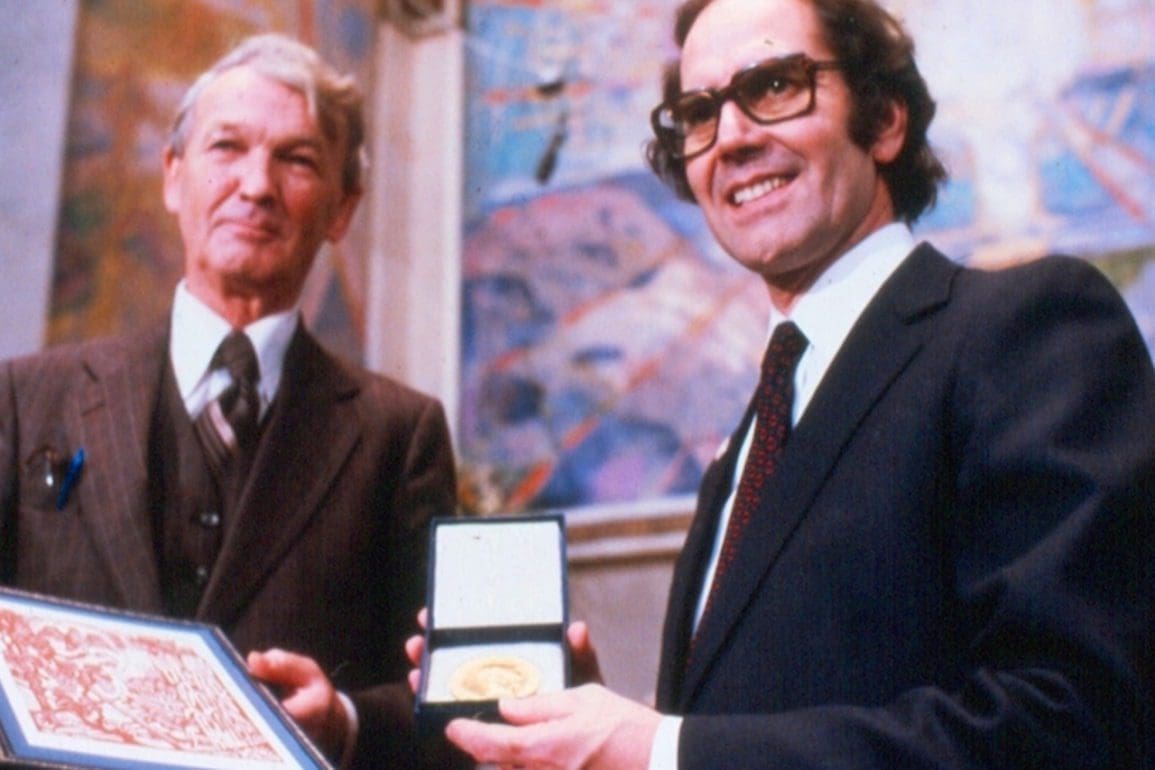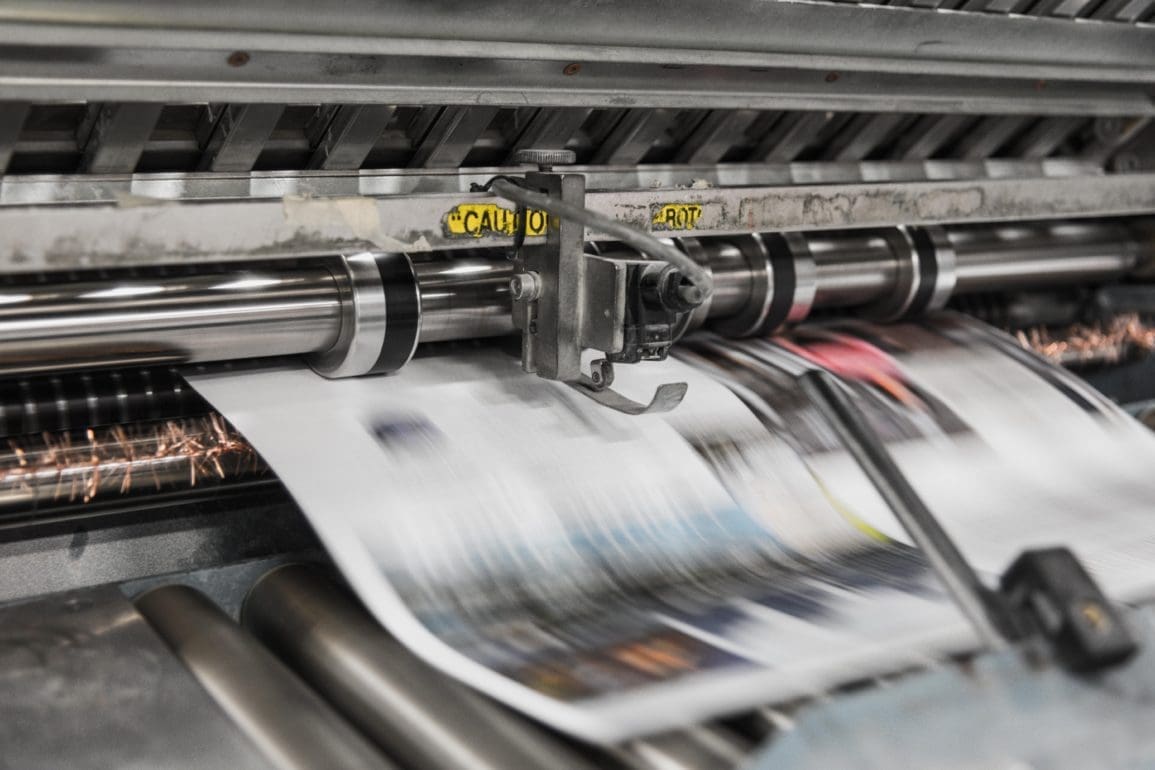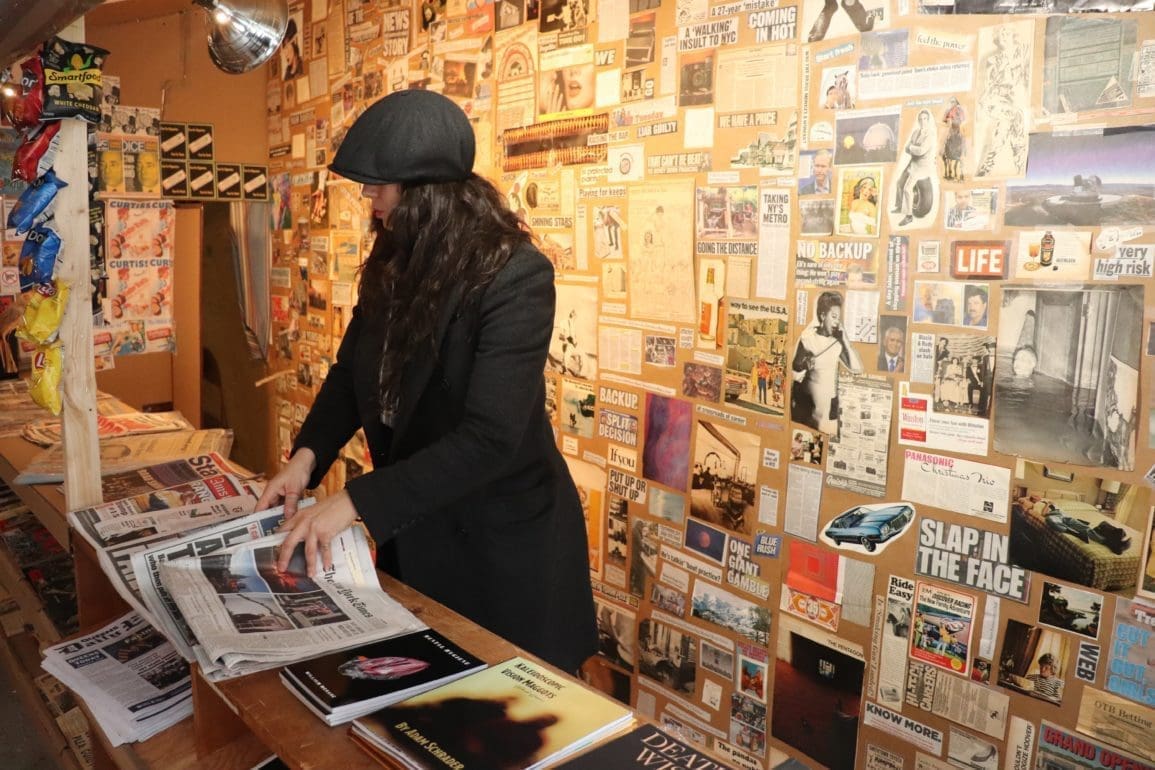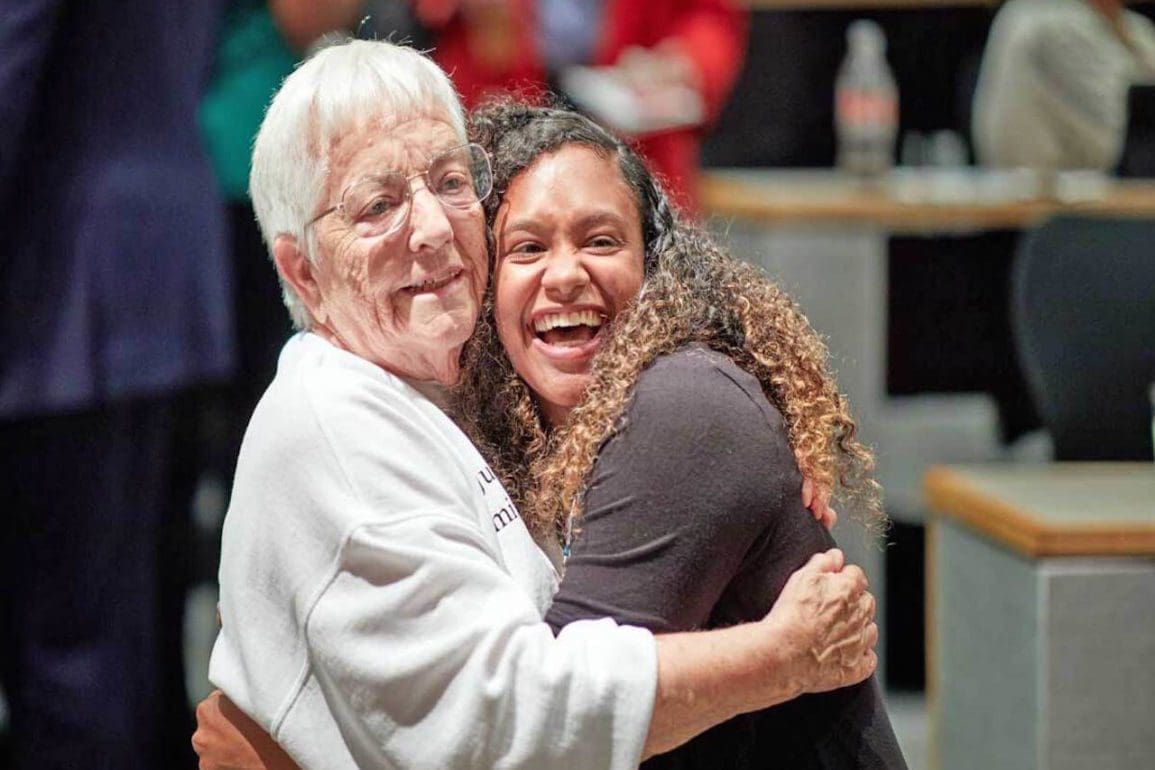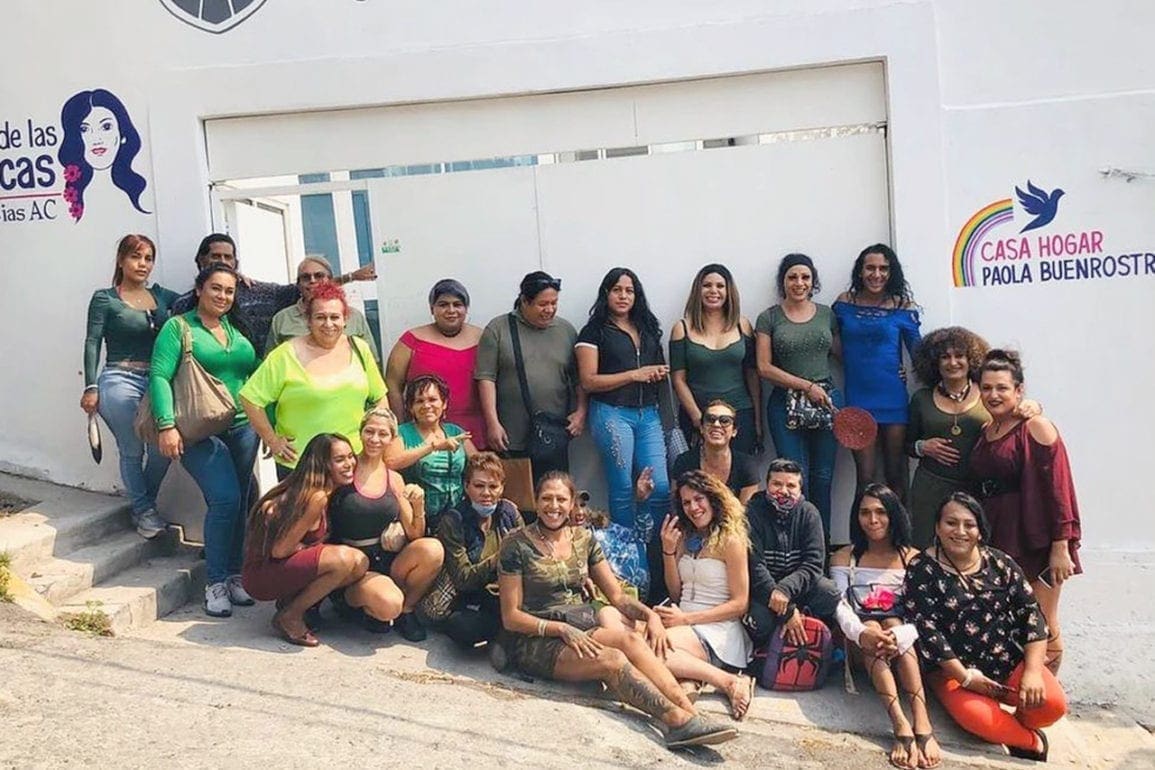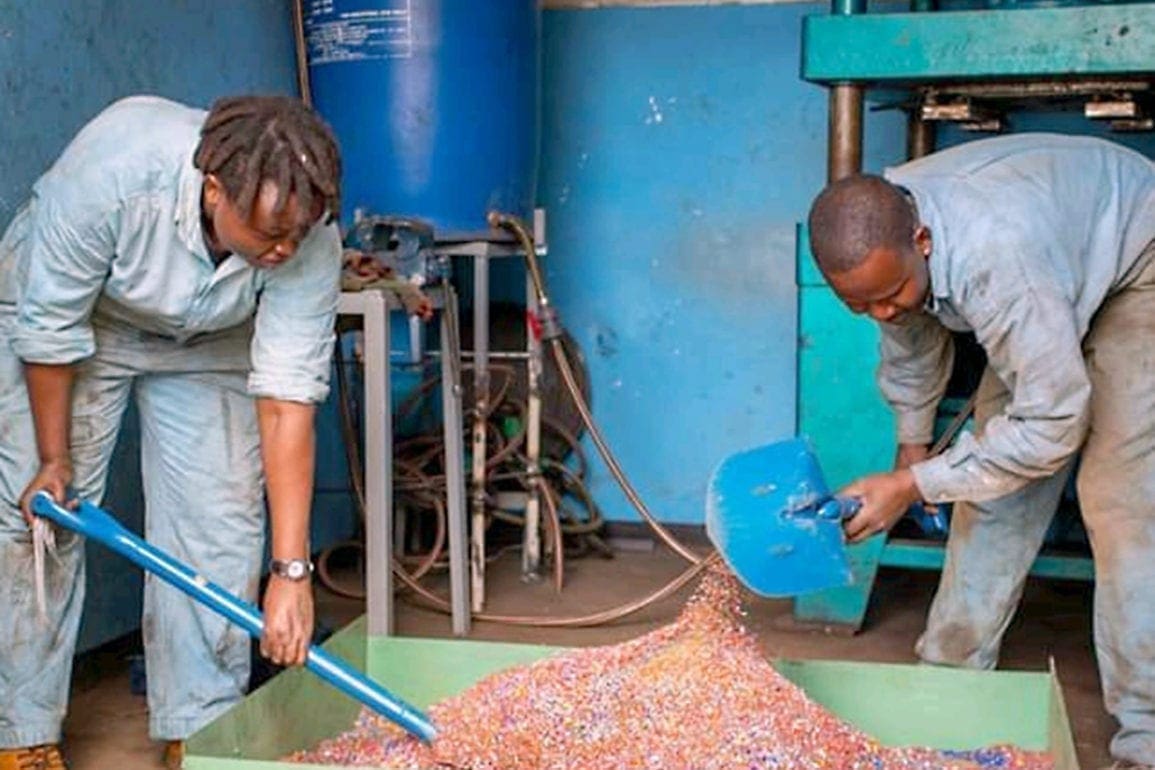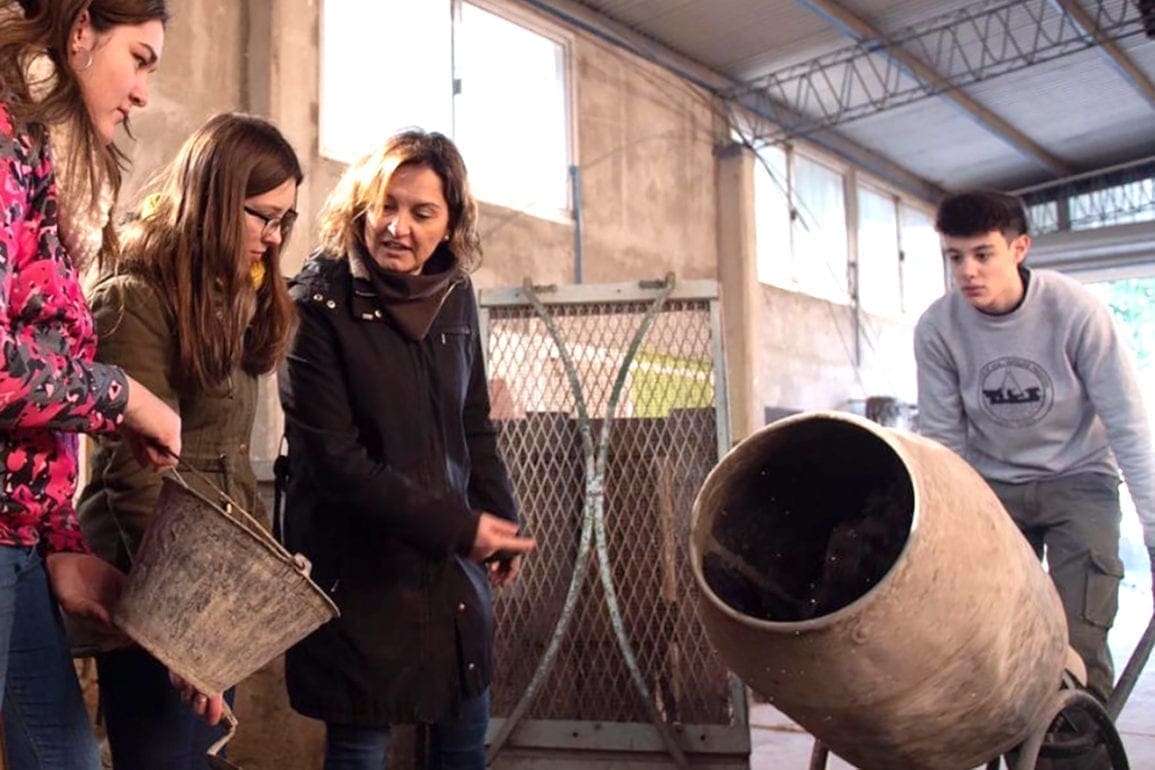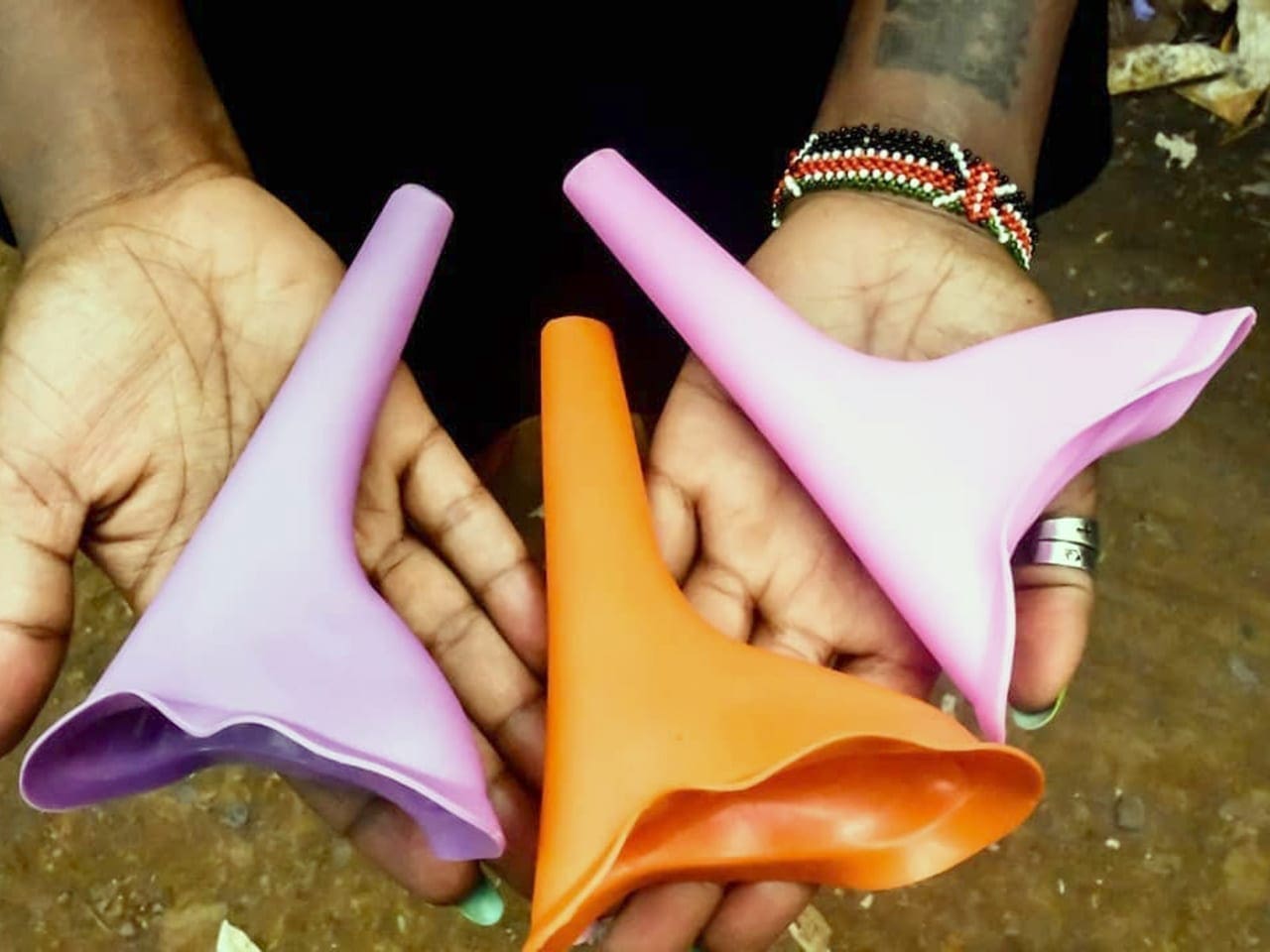Kenyan innovator converts trash into electric wheelchairs
I commuted from my home to the city capital where I saw how disabled people struggled to board public transportation, especially when it rained.
- 3 years ago
July 5, 2021

GITHURAI, Kenya — Ever since I was a young boy, I dreamed of becoming a mechatronics engineer — combining mechanical, electrical, computer, and robotics engineering into one discipline.
The dream seemed far-fetched as our school did not have a single computer. Hope diminished when I had to drop out due to financial constraints.
Then, my cousin began a mechatronics course, and the dream returned. I decided to teach myself. I had never interacted with a computer before, but the internet quickly became my teacher and best friend.
From frustration to purpose
Before taking action, I experienced the hardships that result from a lack of education and formal employment.
I attempted to build a drone to fly away from Kenya and leave all my frustration behind.
Deep inside me, I was convinced I could foster change, but my surroundings made it impossible.
Building a drone was too expensive, and I gave up.
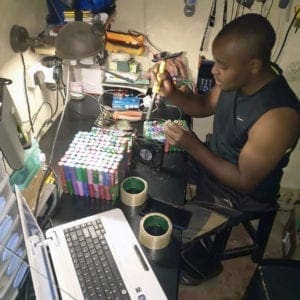
When I taught myself engineering, it led to a job installing security surveillance systems.
Every morning I commuted from my home in Githurai 44 to the city capital where I worked.
There, I saw how disabled people struggled to board public transportation, especially when it rained.
Due to the hustle and bustle of transport services in Nairobi, no one cared for them. They would wait long hours to get transport services.
This realization was a wake-up call for me, as I asked myself what I could do to alleviate their struggles.
I decided to make wheelchairs that were affordable and durable enough to transport them for long distances.
Developing electric wheelchairs
It took me three years to actualize my plan because it required finances I didn’t have. I built my first wheelchair in 2018. It was just a standard chair with three wheels like a tricycle.
Most disabled people I saw had a problem walking, and I decided to go further and build an electric wheelchair.
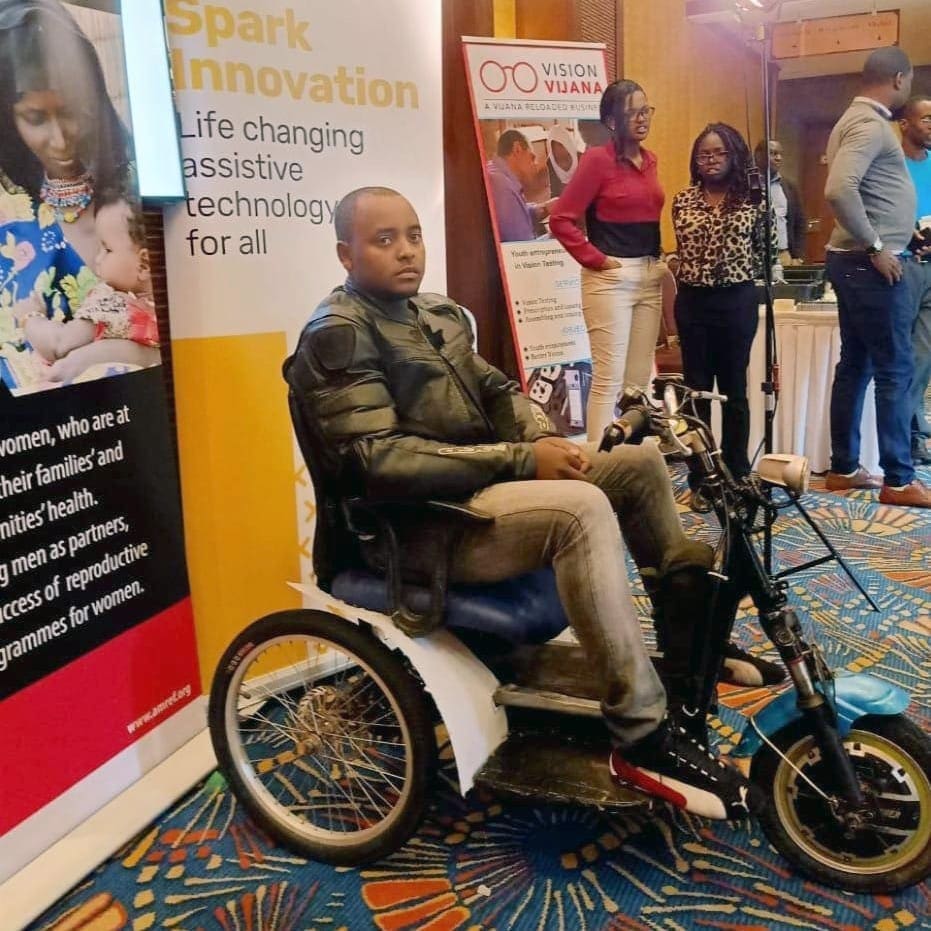
I sourced materials from junkyards and secondhand dealers and took lithium-ion batteries from old laptops to power the chairs. I had to import other components.
If I had all the materials needed, I could build a single electric wheelchair in a day.
Sourcing materials lengthens the process, but there is a benefit. I am conserving the environment through recycling.
In 2018 I also quit my job to focus on building electric wheelchairs from recycled materials and formed my company Lincell Technology.
Being a self-taught engineer, I follow a unique process. Rather than designing my ideas on paper, I develop them physically then put them into a design.
I face challenges. Some say my electric wheelchairs are too expensive given the labor, quality, and materials used. The country imports most wheelchairs, and there is a perception that local designers are not as competent, but I have a customer base.
I socialize with people living with disabilities. When I explain my line of work to them, they hire me.
My dream is to mass-produce wheelchairs to sell all over Africa.
Teaching myself to be an engineer, I have a simple mantra: “Just try!”

